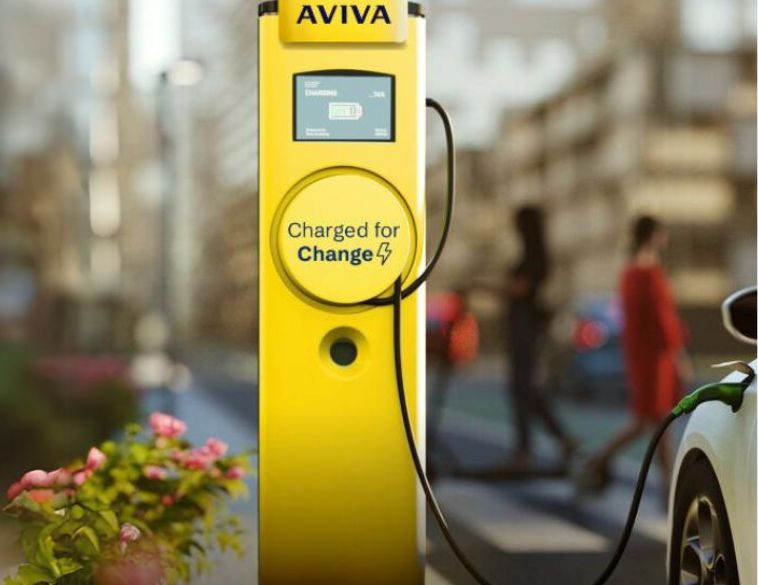Canadian Black Book is seeing more wholesale auction activity on the in Canada, which is certainly positive news as the auto industry struggles to get back on its feet.
ADESA has all auctions open across Canada, except in Ontario and Quebec. These auctions are operating as simulcast only. For Toronto’s ADESA auction they will offer Simulcast+ sales this week, with a digital auctioneer. Manheim has their auctions temporarily closed at this time, however their MUVIT Digital Auction service remains open.
Canadian Black Book (CBB) expects a number of weeks of price instability, likely stretching well into late May, as both buyers and sellers test the waters in this new market environment. The team is monitoring data closely from its partners and making value adjustments as determined by market performance.
From a retail perspective, both Ontario and Quebec remain in a semi-lockdown state as in person dealership contact is not allowed. Currently, in Ontario, the state of emergency is extended to May 12 and in Quebec until May 4. It is hoped that both provinces will soon relax rules and allow sales operations to open again.
Quebec and Ontario dealers can service cars, however, sales are restricted to means that don’t require in person situations. The remaining provinces have no such formal restriction. However, many dealers have voluntarily taken special measures to close and protect both staff and customers.
The Impact of COVID-19
The Canadian dollar has fallen significantly during this crisis, from $0.77 in early January to $0.69 in late March. As of this update, the dollar has rebounded slightly to about $0.71. CBB reminds that a dollar below the mid eighty cent range is critical to preserve the business of exporting used cars to the U.S. and overseas. This flow of vehicles helps keep wholesale prices and forecasted residual values strong here at home, by siphoning off considerable amounts of wholesale supply.
Canadian Black Book has significant concern about the number of leases maturing this year and next. Before COVID-19 was the main storyline, we had noted that 2020/21 were peak years for end of leases and have reflected that in our outlook. Compared to 2017 leases terminations were up by 25% this year and forecasts suggest 31% next year. This increase in supply, just on its own, will create downward pressure on prices.
This increase in supply is arriving in the market at a time when demand is weaker than expected. Furthermore, many leasing companies are extending lease terms by 30-90 days to keep customers happy and deal with practical concerns in the lease return process during COVID-19. Certainly, this is the right thing to do from a customer safety and satisfaction standpoint, but the industry is creating its own COVID lease return bubble in the process.
Towards a More Positive View of the Future
Vehicles that were set to come back to remarketing channels in April, May and June may now arrive in July or later, along with the other natural maturities during those months. This temporary blip will further depress prices. Lessees will hopefully incent dealers and perhaps even lessors to buy these vehicles upstream. Once dealers re-open nationwide, lease returns can be managed more smoothly. However due to expected shortages of new product extensions, delays are expected to be common for the coming months and possibly stretching into 2021.
CBB remains optimistic that there is a high probability that older, less expensive vehicles in good conditions will not decline as much in price due to increase demand on those units. There is the expectation that many consumers will substitute new vehicle purchases for a used car purchase as households look to economize during the COVID-19 recession.
One of the most critical measures to observer as we navigate out of this crisis, will be consumer confidence. This will be the long-range weather radar that signals recovery. Specifically, will consumers be confident enough to shop for a new or used car, or will they choose to wait for a future date when they will feel more confident in their own financial security. The Conference Board of Canada released their March Consumer Confidence Index which fell by 32 points, the largest monthly decline ever. A full 43 percent of respondents saw this as a bad time to make a major purchase. Consumer confidence will return to stronger levels, but it will take some time.
Our Industry Outlook
When it comes to expectations of new car sales at CBB, they have two scenarios for the impact on the wholesale value market and our residual value forecast.
A) Most Likely Scenario
- Negative GDP growth for Q1 through Q3 leads to a very large drop in consumer confidence, a jump in unemployment to double digits and results in a 25% drop in new sales in 2020 to a new level of 1.436 million units.
- CBB project a drop in wholesale prices by 17% of 1-6-year-old vehicles compared to a pre-virus baseline Q3/Q4 as the economy starts to recover from the effect of COVID-19. This would be a 18% drop for SUVs, vans, and light trucks and a 15% for cars
- 36 months from now the effect of the pandemic will be felt, but the company projects that values will return to close to the pre-virus levels with only a small impact on wholesale values
- The residual value forecast will drop by 4% to 0% (no negative adjustment) depending on the term of the residual and the vehicle segment
B) Severe Recession Scenario
- Scenario B is created by a prolonged social separation policy due to COVID-19 that stretches into late summer/early fall. This scenario could also be brought on by a prolonged feeling of insecurity by consumers. What follows will be deep recession which result in a 40% drop in new sales in 2020 to 1.149 million units.
- Under this scenario CBB projects a drop in wholesale prices of 1-6-year-old vehicles compared to a pre-virus baseline, of 25%. This will be a 26% drop for SUVs and light trucks and 22% drop for cars.
- Looking forward in Scenario B 36 months from now the effect of the pandemic and resulting recession will most likely still be felt. We project a 10% market level decline of wholesale prices compare to pre-virus projections.
- The residual value outlook would then decline between -7% and -2% depending on the term of the residual and the vehicle segment.



